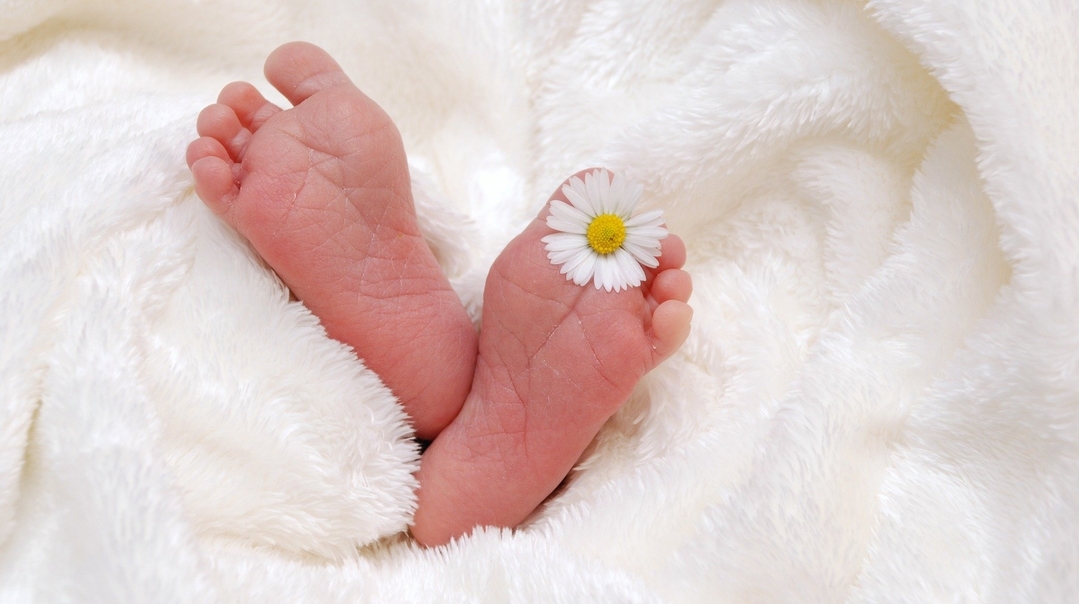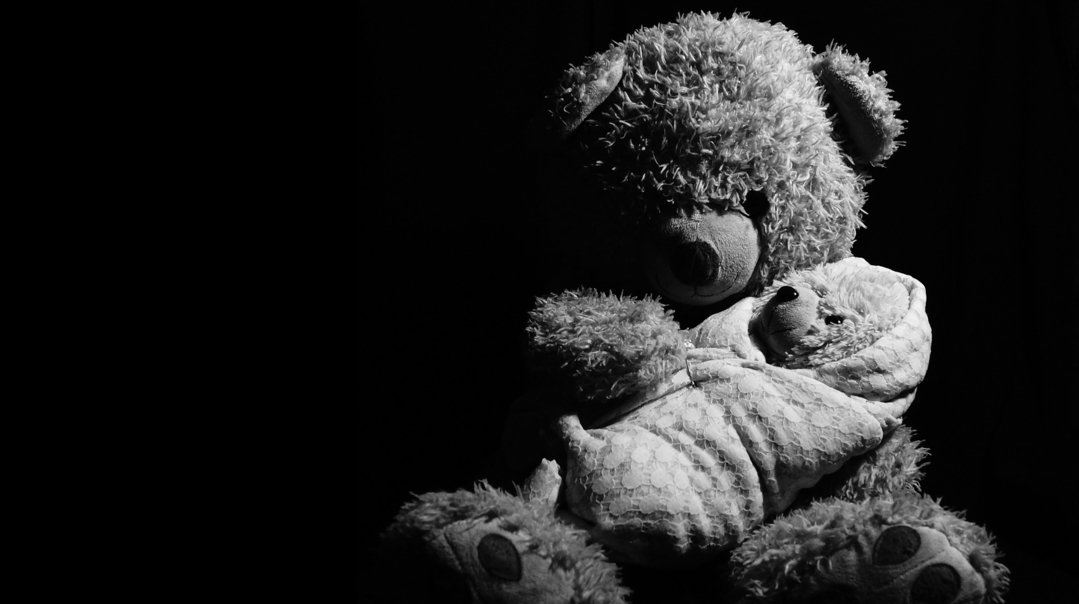Takes One to Know One

Thankfully, you and I suffer silently. We praise G-d for modern medicine, and hold our heads high when passing on the street

I know who you are. I recognize the signs when we meet, at a simchah, the supermarket, or at PTA.
On the surface, we seem so different. I’m a workaholic, you’re a stay-at-home mom. My husband is an accountant, yours learns in kollel. I’m a lot older than you, and so are my kids. We really have nothing to do with each other.
But I know you. I know your eyes, am attuned to your struggle. I can recognize the signs, the pauses in your conversation, the omissions in your chitchat.
It takes one to know one.
We’re both distinctively successful in our lives. Most envy us, the single minded-passion we give to our jobs, our family, ourselves. We look like the type who has it all together.
But no one knows that our psychiatrist is our best friend.
We women are a chatty lot. We discuss war stories, hair-raising births, child-rearing woes, and even health issues as we mill and meet over coffee and at the pediatrician, at the gym and at a Kiddush. We bond easily, share easily, empathize easily.
You and I, we shoot the breeze as well. Contribute this tidbit, that tale. But all the time our brains work overtime, trying to maintain the illusion, while not betraying any of the turmoil.
Our horror stories are a bit more horrific, often including graphic details best not shared with the public. The milestones that others take for granted — pregnancy, childbirth, even hitting that transition age of 50 — is laden with mines for us. The potential danger of losing our minds.
Ours is not postpartum depression or midlife crisis. Instead it’s a complete roller coaster, a chemical upheaval turning an otherwise sane individual into a raving lunatic — the madwoman in the attic whose presence haunts Jane Eyre. (Would Mrs. Rochester have been normal if she had access to medications?)
Our doctors assure us that such reactions, while extreme, are unfortunately common, but our doctors don’t know our friends and family. They’re under the impression that we are normal. If they knew us in our altered states, they would never relate to us in the same way. Normal people cope. Normal people certainly don’t lose their minds.
How humiliating if they knew the truth. We’ve heard the comments whispered about those unfortunate enough to suffer more publically. “Poor soul, she had a nervous breakdown…” “She’s never been strong — now, tsk, tsk…” A cluck of the tongue and a brief sigh and the unspoken message: regular people would never fall so low.
Thankfully, you and I suffer silently. We praise G-d for modern medicine, and hold our heads high when passing on the street.
But we’re held hostage by the knowledge that the veneer must be perfect. We can’t betray any crack in our shields. Otherwise, everything we have built will be destroyed.
Perhaps one day we’ll have the courage to connect. To stand up and show the world what incredibly strong people we are. We’re not pitiful. We’re heroes. We’re not weak. We are so strong that we have battled the underworld and emerged victorious.
Perhaps united we will be accepted. But until then, we won’t acknowledge each other. Yet I take comfort in knowing you’re out there, going through life’s ups and downs, plummeting and soaring — just like me.
(Originally featured in Family First, Issue 537)
Oops! We could not locate your form.











